detail profile david weston
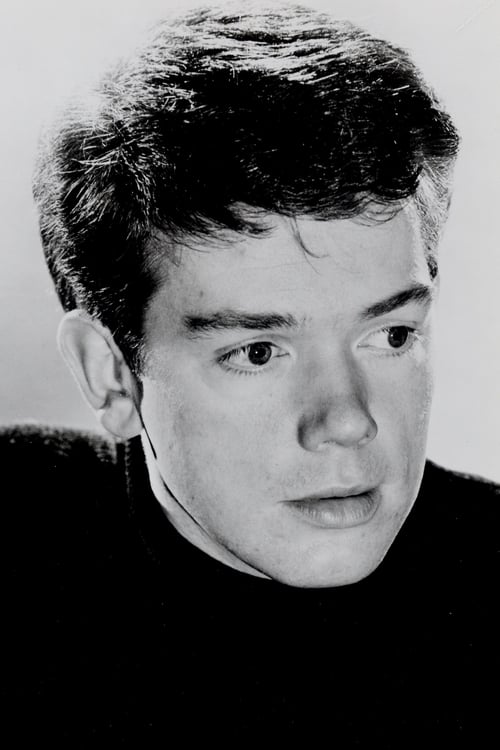
Riwayat Hidup
From Wikipedia, the free encyclopedia.
David Weston (born 28 July 1938, London) is an English actor, director and author.
Since graduating from RADA in 1961 (having won the Silver Medal for that year) he has acted in numerous film, television and stage productions, including twenty-seven plays in Shakespeare's canon.
With Michael Croft he was a founder member of the National Youth Theatre.
Much of his directing work has been for that organization; he has directed also at the Regent's Park Open Air Theatre and a number of other theatres in London.
He wrote and narrated a series of non-fiction audio books, including Shakespeare His Life and Work which won the 2001 Benjamin Franklin Award for best audio non-fiction book.
Description above from the Wikipedia article David Weston, licensed under CC-BY-SA, full list of contributors on Wikipedia.
Info Pribadi
Peran Yang Di Mainkan David Weston
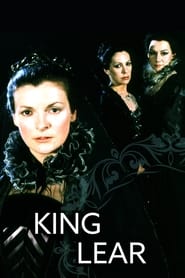 King Lear old and tired divides...
King Lear old and tired divides...King Lear 1982
King Lear, old and tired, divides his kingdom among his daughters, giving great importance to their protestations of love for him. When Cordelia, youngest and most honest, refuses to idly flatter the old man in return for favor, he banishes her and turns for support to his remaining daughters. But Goneril and Regan have no love for him and instead plot to take all his power from him. In a parallel, Lear's loyal courtier Gloucester favors his illegitimate son Edmund after being told lies about his faithful son Edgar. Madness and tragedy befall both ill-starred fathers.
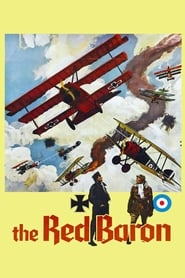 Spend time on both sides of...
Spend time on both sides of...Von Richthofen and Brown 1971
Spend time on both sides of World War I, partly with German flying ace Baron Manfred Von Richthofen (John Phillip Law), aka "The Red Baron," and his colorful "flying circus" of Fokker fighter planes, during the time from his arrival at the war front to his death in combat. On the other side is Roy Brown of the Royal Air Force, sometimes credited with shooting Richthofen down.
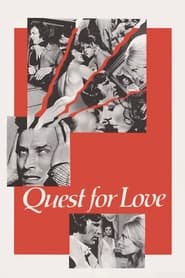 After a scientific experiment goes horribly...
After a scientific experiment goes horribly...Quest for Love 1971
After a scientific experiment goes horribly wrong during a demonstration, a scientist finds himself trapped in an alternate reality that bears some similarities to our own, but also has some striking differences. In this other reality the Second World War had never occurred, mankind had not yet traveled into Space and Mt. Everest had not yet been conquered, just to name a few things. Also in this other reality he is no longer a scientist but rather a well known author. After a personal tragedy in this alternate world, he finds himself back in his own world and desperately trying to locate the woman he fell in love with in the other world. Little does she know, however, that her life depends on him finding her.
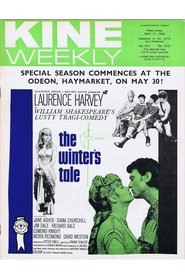 King Leontes of Bohemia suspects his...
King Leontes of Bohemia suspects his...The Winter's Tale 1968
King Leontes of Bohemia suspects his wife, Hermione, and his friend, Polixenes, of betraying him. When he forces Polixenes to flee for his life, Leontes sets in motion a chain of events that lead to death, a ferocious bear, an infant left in the snow, young love, and a statue coming to life.
 When a rapacious new landlord threatens...
When a rapacious new landlord threatens...The Legend of Young Dick Turpin 1965
When a rapacious new landlord threatens to evict him, seize his horse, and leave him penniless, the young farmer Dick Turpin flees to London and reluctantly establishes himself in the underworld with the help of a street-smart boy.
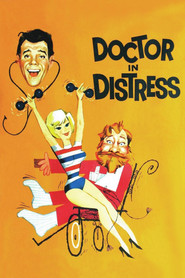 Doctor in Distress is the fifth...
Doctor in Distress is the fifth...Doctor in Distress 1963
"Doctor in Distress" is the fifth of the seven films in the "Doctor" series, and focuses on Sir Lancelot Spratt, Simon Sparrow's old teacher and sometimes nemesis. When the eternal bachelor Sir Lancelot injures his back and falls in love with his physiotherapist Iris Marchant, he becomes very distressed and turns to Simon for help. Simon, who now is a senior doctor at fictional Hampden Cross Hospital and hopelessly in love with aspiring actress Delia, sends him to a nature cure clinic in a vain attempt to help him lose weight, but Sir Lancelot can't get Iris off his mind and has her followed, first by a private investigator and eventually by himself. When he finally proposes, she rejects him and marries an old army major, which distresses Sir Lancelot even more.
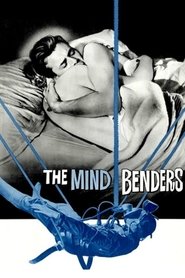 A British scientist is discovered to...
A British scientist is discovered to...The Mind Benders 1963
A British scientist is discovered to have been passing information to the Communists, then kills himself. Another scientist decides that they might have brainwashed him by a sensory deprivation technique, but he doesn’t know if someone really can be convinced to act against their strongest feelings. So he agrees to be the subject in an experiment in which others will try to make him stop loving his wife.
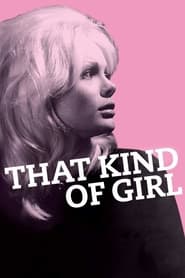 That Kind of Girl is a...
That Kind of Girl is a...That Kind of Girl 1963
That Kind of Girl is a British cult film and the directorial debut of Gerry O'Hara. Produced by Robert Hartford-Davis with a script by Jan Read, it was released in 1963. The film's subject is premarital sexual relationships and sexually transmitted diseases in an English 1960s millieu.
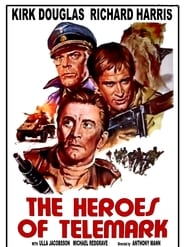 Set in Germanoccupied Norway resistance fighter...
Set in Germanoccupied Norway resistance fighter...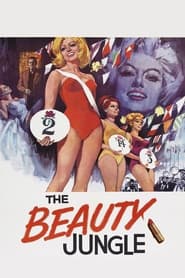 A Bristol typist joins the world...
A Bristol typist joins the world...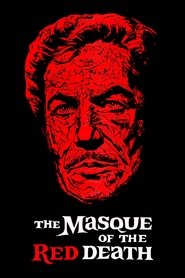 A European prince terrorizes the local...
A European prince terrorizes the local...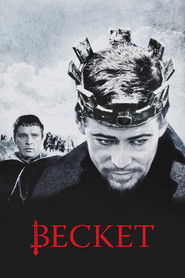 Thomas Becket Henry IIs longtime advisor...
Thomas Becket Henry IIs longtime advisor...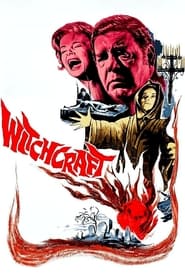 When her grave is disturbed by...
When her grave is disturbed by...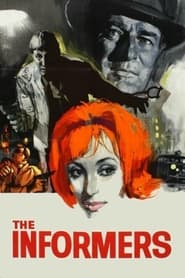 When the detective in charge of...
When the detective in charge of...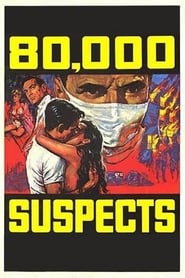 A doctors alreadyshaky marriage is tested...
A doctors alreadyshaky marriage is tested...